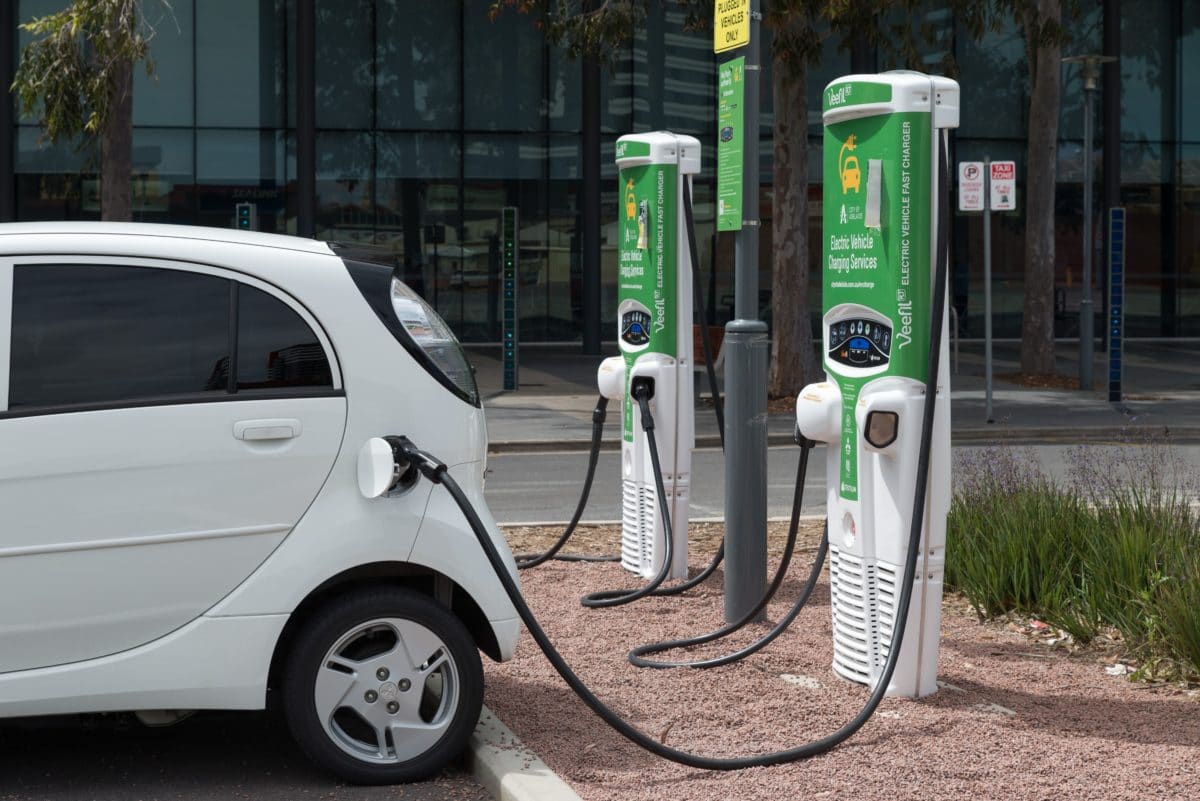South Australia and Victoria have outlined plans to introduce a distance-based EV tax from July 2021 while the New South Wales government is also considering the introduction of road-user charges for EVs.
Supporters see the levies on EVs as a means to make up for lost fuel excise revenue and a fair way of paying for road infrastructure but opponents say extra costs will stifle the uptake of EVs.
That advice has been backed by a leaked government paper which was written by the Victorian Treasury for the Board of Treasurers, which comprises representatives from each state and territory.
The paper, received before SA and Victoria announced their plans to introduce charges on EVs, was commissioned by the Board of Treasurers as it sought advice on how to best introduce state-based road-user charges for zero and low-emissions vehicles.
The Implementation Issues Paper, obtained by think-tank The Australia Institute (TAI), warns that taxing EVs would likely discourage their uptake, ‘impede government process on transport sector pledges’ to reduce emissions and ‘face strong opposition from industry and environmental stakeholders’.
Richie Merzian, director of TAI’s climate and energy program, is among those who oppose the implementation of EV-based taxes and said they could destroy the industry in its infancy.
“This document shows there are real risks associated with the introduction of a new tax on electric vehicles,” he said.
“There is an argument to be made for a broad and comprehensive charge that accounts for the pollution being emitted by every vehicle on the road, but simply putting a new tax on EVs would be a backwards step for Australia.”
After electricity, transport is Australia’s largest source of carbon emissions yet only 0.6% of new cars sold are electric, compared with between 5% and 8% in comparable countries.
Merzian said Australia should be looking to increase the uptake of EVs rather than discourage it, saying they offer a cleaner transport alternative which can help to reduce Australia’s transport emissions.
“Now is not the time to put a great big new tax on this emerging industry,” he said.
“It is ironic that states with net zero emissions targets are now pulling the handbrake on reducing pollution from one of the highest emitting sections.
“Governments need to hit pause on this half-baked policy proposal and come back after undertaking proper consultation with industry representatives and the community.”
This content is protected by copyright and may not be reused. If you want to cooperate with us and would like to reuse some of our content, please contact: editors@pv-magazine.com.









By submitting this form you agree to pv magazine using your data for the purposes of publishing your comment.
Your personal data will only be disclosed or otherwise transmitted to third parties for the purposes of spam filtering or if this is necessary for technical maintenance of the website. Any other transfer to third parties will not take place unless this is justified on the basis of applicable data protection regulations or if pv magazine is legally obliged to do so.
You may revoke this consent at any time with effect for the future, in which case your personal data will be deleted immediately. Otherwise, your data will be deleted if pv magazine has processed your request or the purpose of data storage is fulfilled.
Further information on data privacy can be found in our Data Protection Policy.